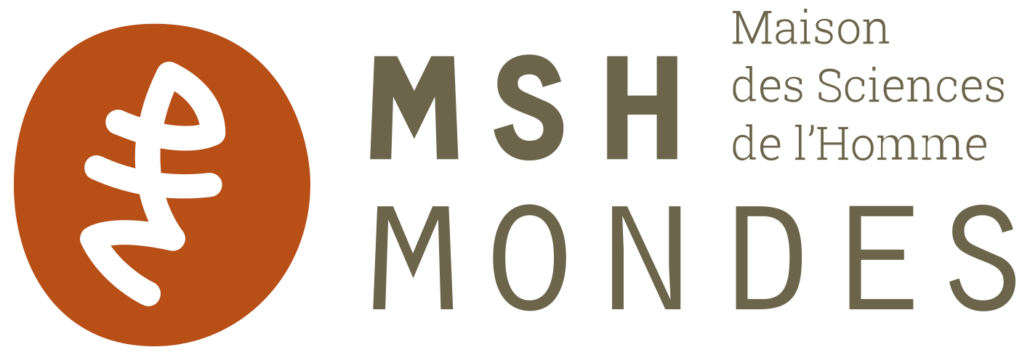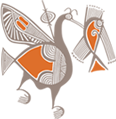| Current library | Call number | Status | Notes | Date due | Barcode |
|---|---|---|---|---|---|
| Lyon : MOM - Bibliothèque de la Maison de l'Orient et de la Méditerranée Libre accès | PHG GN799.D65. A59 2010 (Browse shelf(Opens below)) | Available | 112459 | ||
| Nanterre : MSH Mondes - Bibliothèque d’archéologie et des sciences de l’Antiquité | A.000/164 CAMP (Browse shelf(Opens below)) | Available | P10 ERA ArchEn 23-09-2010 | BMRG17856 |
Browsing Nanterre : MSH Mondes - Bibliothèque d’archéologie et des sciences de l’Antiquité shelves Close shelf browser (Hides shelf browser)
| A.000/164 BENE Der Mensch und seine Haustiere , die Geschichte einer jahrtausendealten Beziehung | A.000/164 BROT Research problems in zooarchaeology | A.000/164 BULL The Camel and the wheel | A.000/164 CAMP Anthropological approaches to zooarchaeology , complexity, colonialism, and animal transformations | A.000/164 CHAI Eléments d'archéozoologie | A.000/164 CHAI Archéozoologie , les animaux et l'archéologie | A.000/164 CLUT A natural history of domesticated mammals |
Résumés
Bibliogr. en fin de contributions
MOM Résumé en début d'articles
Animals in complex human societies are often both meal and symbol, related to everyday practice and ritual. People in such societies may be characterized as having unequal access to such resources, or else the meaning of animals may differ for component groups. Here, in this book, 28 peer-reviewed papers that span 4 continents and the Caribbean islands explore in different ways how animals were incorporated into the diets and religions of many unique societies. The temporal range is from the Neolithic to the Spanish colonization of the New World as well as to modern tourist trade in indigenous animal art.
The volume explores various themes including the interaction of foodways with complex societies, the interaction between diet and colonialism and the complex role that animals, and parts of animals, play in all human societies as religious, identity markers, or other types of symbols. Organized according to these themes, rather than geographic location or time period, the papers presented here crosscut such divisions. In so doing, this book presents an opportunity for scholars divided by geography especially, but also by temporal period, to explore each other's research and demonstrate that different archaeological settings can address the same problems cross-culturally.
(Source : éditeur)








There are no comments on this title.